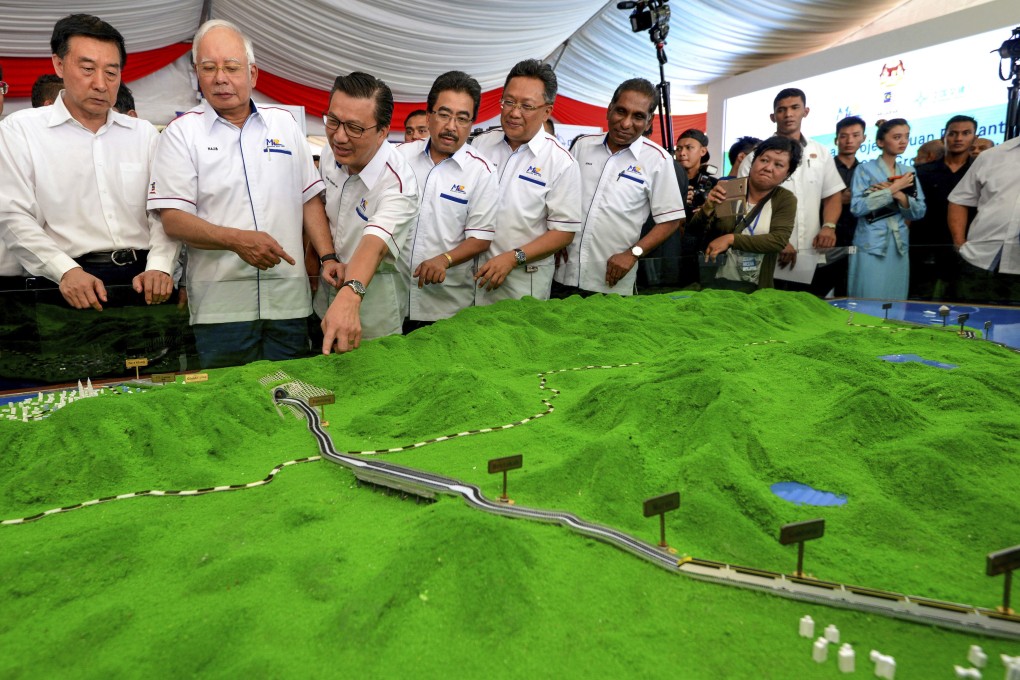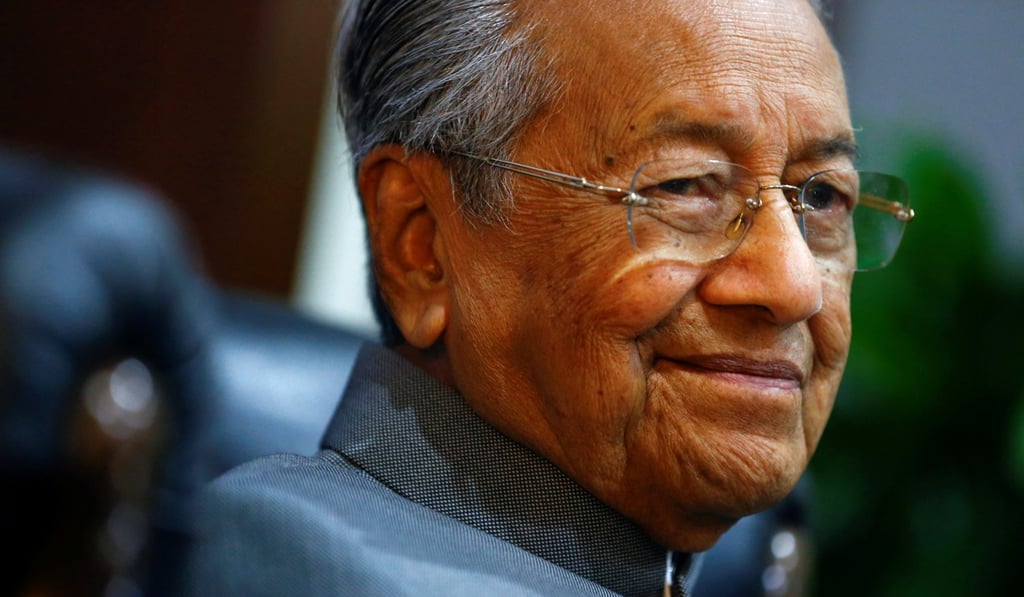New Malaysia rail link deal ‘shows China is open to discussion’ on belt and road projects
- After stalled East Coast Rail Link gets back on track with fresh agreement, analysts say Beijing is willing to negotiate on terms, including lowering costs
- But some worry that the move could encourage more nations to seek cost cuts

A new agreement to get a stalled China-backed railway project in Malaysia moving again indicated Beijing was willing to change the terms of belt and road deals, but there was also a risk more nations would seek cost cuts, analysts said.
Building the first two phases of the rail link will now cost 44 billion ringgit (US$10.7 billion), down from the original cost of 65.5 billion ringgit. The length of the railway will also be reduced by 40km to 648km.
“Mahathir Mohamad doesn’t oppose the Belt and Road Initiative – he was dissatisfied with the contract that had been signed before, and he was more cautious about the cost,” said Wang Huiyao, president of Beijing-based think tank the Centre for China and Globalisation.

Wang said the new deal showed China was willing to negotiate on projects under its global trade and infrastructure strategy, including lowering costs.